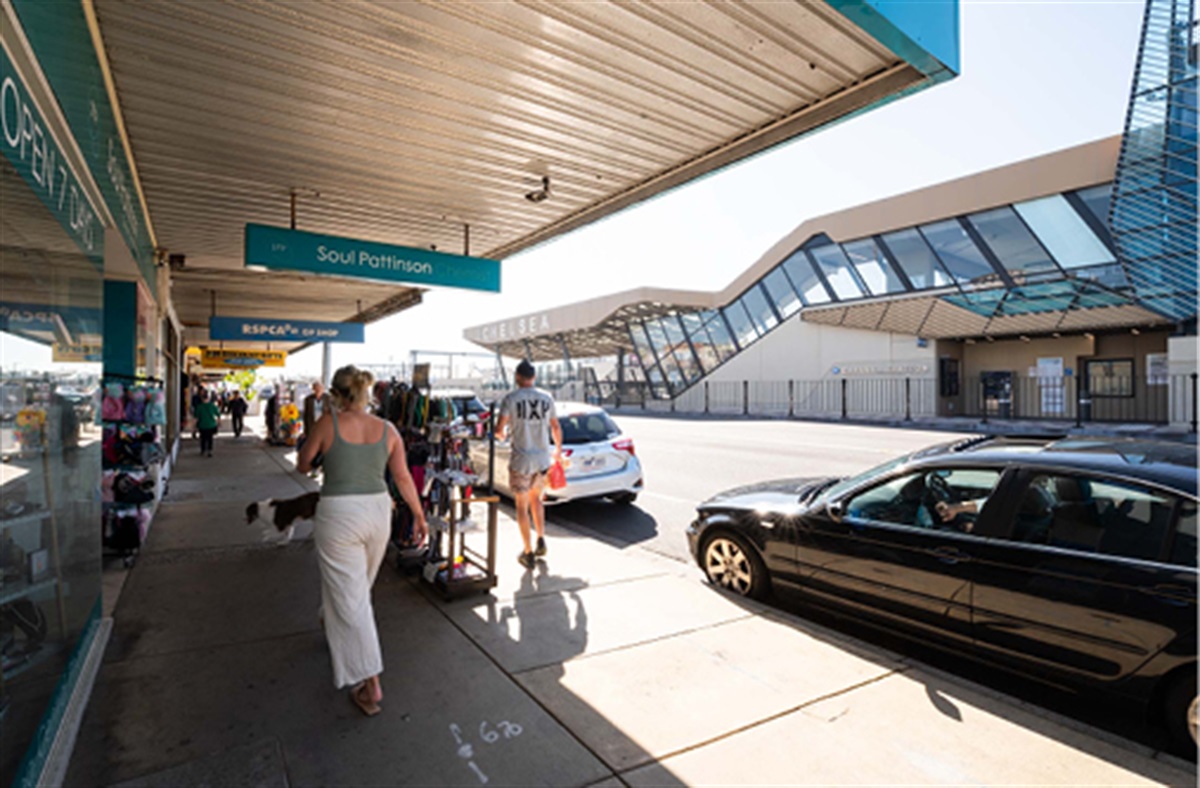A USC project to benchmark innovation in five Queensland regions has taken on even greater significance as fallout from COVID-19 compels many regional businesses to operate in new ways.
The national lockdown due to a global pandemic was not even on the radar when USC Business researchers this year expanded a pilot 2019 Regional Innovation Benchmark of Sunshine Coast firms to include businesses across Moreton Bay, Fraser Coast, North Queensland and Central Queensland.
However, Senior Lecturer in Entrepreneurship and Innovation Dr Retha de Villiers Scheepers said the coronavirus pandemic restrictions now provided a unique opportunity for her team to measure how regional businesses were responding to the crisis.
“We’ve seen a massive shake-up as businesses adapt to the new restrictions, and a substantial transition to online,” Dr de Villiers Scheepers said.
“Many traditional businesses resist this sort of change but now that they don’t have a choice, they are connecting with their customers online in ways they haven’t in the past and in the process have learnt a tremendous amount in a really short time period.”
New and existing businesses in Moreton Bay, Sunshine Coast, Fraser Coast, Townsville, Rockhampton, Gladstone and Emerald are invited to take part in this year’s Queensland Regional Innovation Benchmarking survey.
The project has received a $75,000 Advance Queensland grant, along with financial support from USC and the Sunshine Coast Regional Innovation Project Team (SCRIPT), to measure and showcase innovation activity in Queensland regions.
“Businesses who innovate and the organisations who support them are critical to regional resilience and prosperity yet there are really no existing models for entrepreneurial communities in regional Australia,” Dr de Villiers Scheepers said.
“Most are focused on metropolitan areas – so this research fills that gap.
“By developing an evidence base to identify what helps and hinders regional innovation, we can assist regions get the most out of their entrepreneurial community and work together to make their regions stronger.
“It is this idea that the rising tide lifts all boats.”
Dr de Villiers Scheepers said anecdotal evidence suggested many businesses have innovated without realising by changing their daily business activities and the ways they interacted with customers and employees due to the coronavirus.
“Many firms have decided to embrace this new world with some discovering a new line of business or are engaging with their target markets in ways that they haven’t before,” Dr de Villiers Scheepers said.
“In the past few weeks, many businesses have had to adopt an online presence, enable their websites for e-commerce, and learn on the go when it comes to creating online platforms and content, even podcasts.
“Others are innovating with staff, with many businesses now having their staff working remotely when they wouldn’t have entertained that possibility before.”
Dr de Villiers Scheepers said this had helped to clear up misconceptions about what business innovation involved.
“Innovation is not just technological improvements. New-to-the-firm innovations can mean doing things differently to improve customer value, such as improving a process, marketing in a new way, even buying a machine to do things faster.”
Last year’s pilot study of the Sunshine Coast region found that local businesses who prioritised innovation improved their financial performance and increased their sales of new products and services by a minimum of 20 percent.
“We also found that about a third of firms collaborated with other businesses and organisations to innovate,” Dr de Villiers Scheepers said.
“We expect that more businesses might be collaborating and doing new things in this year’s study, as there are many anecdotal cases of firms who are more-or-less competitors – such as restaurants – banding together to help each other reach their customers.
“We’ve also seen this groundswell of community support this year which is helping businesses do things differently to how they have done things before.”
Businesses can participate in the survey here.






